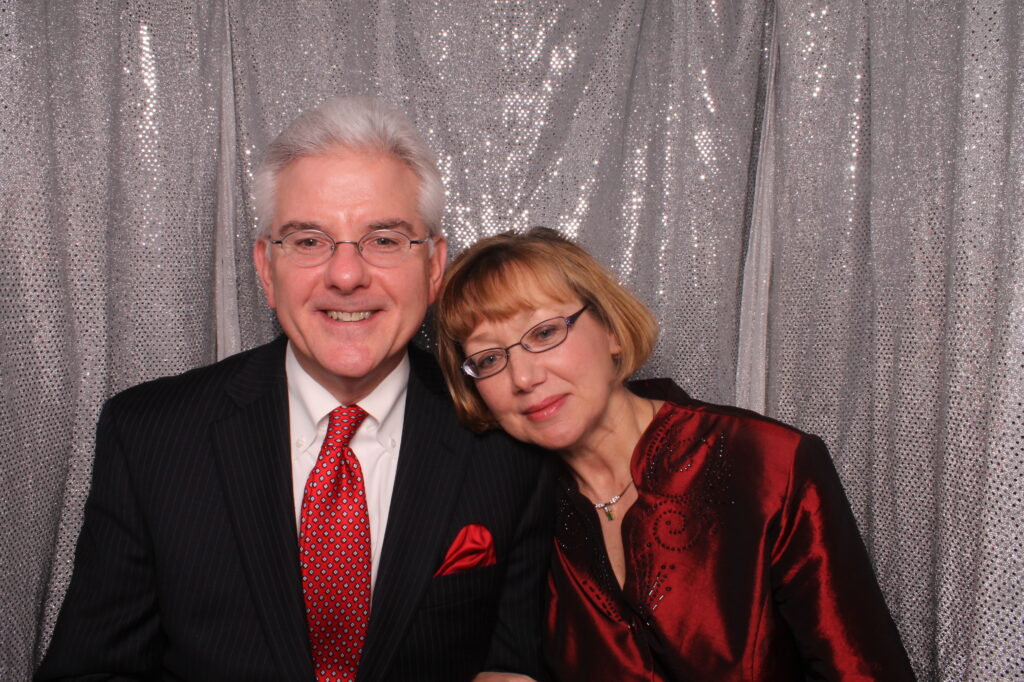This month, we honor some of our many dedicated volunteers. Today, we’re learning more about Tim Abeska. Tim has been involved with I AM ALS for several years and serves many important roles for the organization. Read on to learn more about Tim!
In what roles do you currently volunteer at I AM ALS?
- I am the Co-Chair of the Community Outreach Team, and the logistics coordinator for the Tim Lowrey Panel Series, the Team’s flagship project.
- I am the Co-Chair of the Veterans Team.
- I am a member of the Lou Gehrig Day Team, the Special Events committee, and the Team Lead for the Baltimore Orioles and Washington Nationals.
- I also respond when called upon for specific projects, such as representing the Tim Lowrey Panel Series at the December 2024 International ALS/MND Symposium in Montreal and facilitating the recent webinar on The Importance of Life Planning Documents.
How has volunteering with I AM ALS changed your life or the life of your family?
I am six years out from the loss of my wife, Mary Ann, to ALS. The ALS experience changed me at the molecular level, allowing me to see that my career and other things that I used to give priority are not important. This realization helped me rebuild my life and reinvent myself as a “serial volunteer” who gets satisfaction out of living a life of service to others. Volunteering for I AM ALS has allowed me to help others, meet amazing people, and gain a family. Plus, it is a way to honor Mary Ann.
Why did you initially decide to get involved with I AM ALS as a volunteer?
I first met Juliet Taylor, Co-Chair of the Community Outreach Team, through a grief group. She told me about I AM ALS, and at her suggestion I volunteered as a member of the Community Outreach and Veterans Team, both of which were of interest to me.
What would you tell others who are facing similar circumstances about what they could gain by volunteering with I AM ALS?
The chance to drive change and be part of a dynamic community dedicated to helping people who are living with ALS and their families and ultimately finding a cure for this disease.
Any other words of advice you’d like to share?
Nobody’s life turns out the way they expect it to. We all end up living unexpected lives. When horrible things happen to us, like losing a spouse to ALS, we want to believe that there is a proper way to deal with the experience, to process it, to heal from it. Maybe there is and maybe there isn’t. One thing is for sure and that is this: It is messy. Mourn the life that could have been if your dream had come true. It is a prerequisite for discovering the exquisite possibilities that still lay ahead. I have turned my mourning into service.

